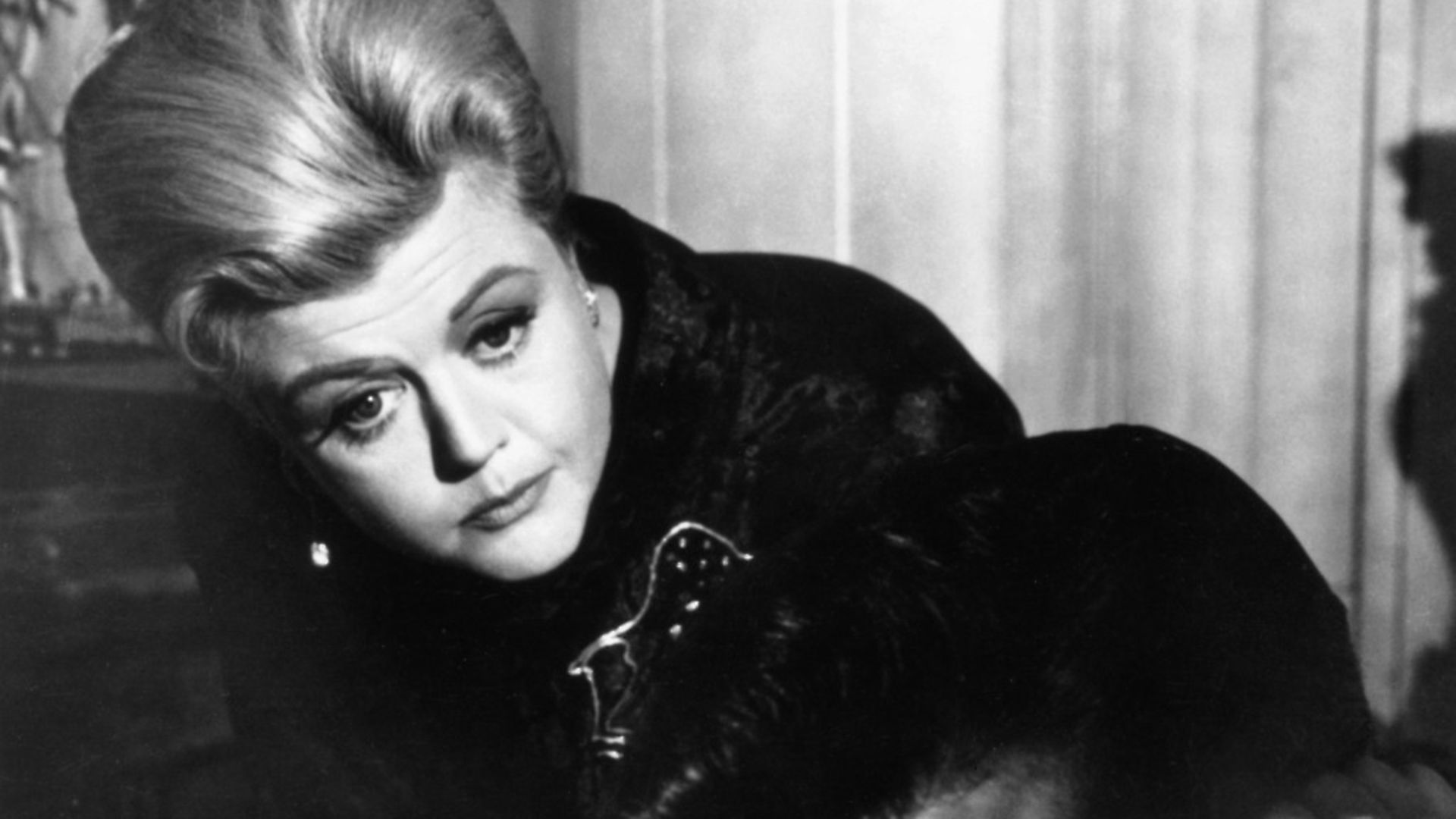
WILL SELF on the actor’s unrivalled longevity.
So, farewell then Fredie Blom, allegedly the oldest living human until his death earlier this month. The South African, born in 1904, survived the Spanish Flu epidemic that killed most of his family, and went on to transcend the abuses of apartheid and two world wars. He worked as a labourer into his 80s, and while he didn’t drink, he smoked up until the South African government imposed restrictions on tobacco sales because of the Covid-19 pandemic. In line with so many of the ultra-long-lived Fredie expressed bemusement at his own survival against all the odds – he attributed it to divine providence, which is one way, I suppose, of regarding the genetic clock ticking away relentlessly inside each and every one of our cells.
For my own part, Fredie – whether authenticated by the Guinness Book of Records or not – wasn’t the oldest extant person anyway; that title belongs to the British-Irish actor Angela Lansbury, who’s still very much with us. Alright… alright… save yourself the keystrokes: I know that in calendar years Dame Angela is a slip-of-a-girl at a mere 94, but there’s such a thing as a cultural age, and in cultural years I put her at about 117 – possibly a little older. Lansbury, who fled the Blitz and trained as an actor in New York, was already a Hollywood star by her early 20s, appearing in Gaslight (1944), and – rather tellingly, given her future trajectory – The Picture of Dorian Gray (1945). But while initially her mignon features brought her leading female roles, the convention favouring cheekbones over cheeks meant that by the time her contract at MGM came to an end, in 1952, she was already being cast in parts that were, um, chronologically ambiguous.
The real fork in the ways, however, came in 1962 when Lansbury played Eleanor Iselin in The Manchurian Candidate, a role that called upon her to convincingly represent the mother of the film’s protagonist, Raymond Shaw; who, in turn, was played by Laurence Harvey. Harvey, at 34, was only three years younger than Lansbury, but such is the brilliance of the latter’s performance, that every time I watch the film, I’m convinced once more that she’s at least a quarter century older than he.
Capitalising on her use of the dark dramatic arts to resist time’s devouring, by the time we get to 1980, and the film adaptation of the Agatha Christie’s The Mirror Crack’d, Lansbury, 55, is brilliantly embodying the aged – nay, valetudinarian – amateur detective, Miss Marple. And so it goes on: last year, in a staged reading of Wilde’s The Importance of Being Earnest, she played Lady Bracknell, a character lost in the same perpetual twilight of ageing that she herself has been for at least four decades now. For Angela Lansbury is not only the world’s oldest living human – she has been playing the part of one far, far longer than, say, that whippersnapper Fredie Blom.
Which brings us neatly – and right on time – up to the present, and the film all of us are hoping is going to rejuvenate the entire industry; namely, Christopher Nolan’s long-awaited Tenet. We know next to nothing about Tenet, except that it features spies as protagonists, and exhibits its director’s long-term preoccupation with the theme of… time. Notwithstanding the fact that Nolan’s films are, for the most part, stupid people’s ideas of what intelligent ones are like, in this instance at least we hope he and his multi-million-dollar backers have got it right, and that its theatrical release will be the renaissance of the blockbuster rather than a monstrosity.
Tenet’s potential fate is inscribed on the sides of London buses. The T-shaped advertisement spaces on double-deckers are so significant when it comes to advertising new cinema releases that they’re known in the trade simply as ‘T-sides’. I haven’t, as yet, seen any T-sides for Tenet; rather the buses grunting and grumbling up the Brixton Road still bear advertisements of films that were meant to’ve been released in late March and early April.
Looking at these through narrowed eyes, one can almost convince oneself that one has indeed seen and forgotten the films, which entails that entire dramatic beastliness of events IRW has been little more than an uncomfortable fiction.
‘Life is a dream that keeps me from sleeping,’ said that great dramaturge, Oscar Wilde – an aperçu that might be adapted to explain Angela Lansbury’s career thus: ‘Performing is a life that keeps me from dying.’ But then again, the same is surely true for all of us – and a consequence of this is that the show must, indeed, go on, no matter that it’s an overblown production, featuring third rate actors, overly dependent on special effects and with a narrative premise: bipedal apes achieve immortality, that no one could possibly suspend disbelief in.










